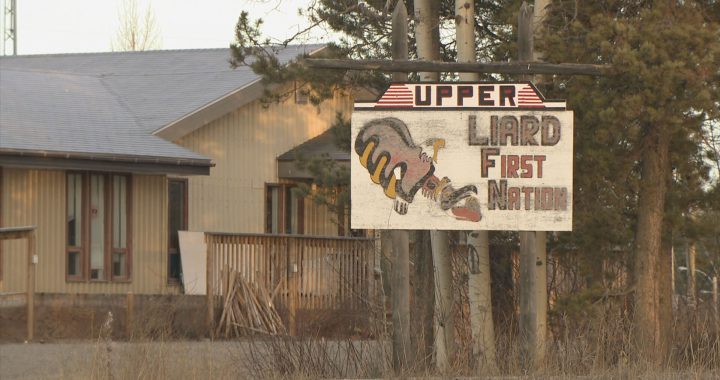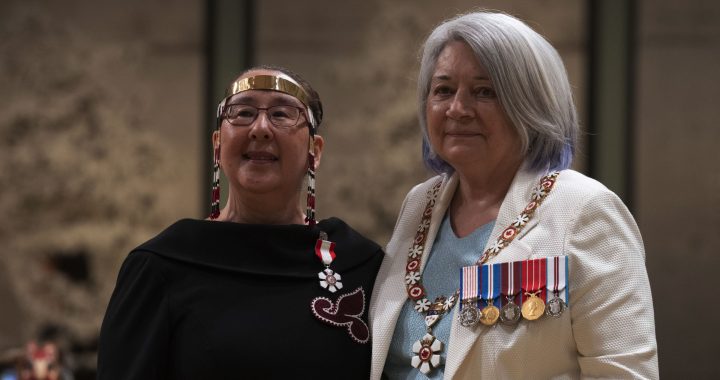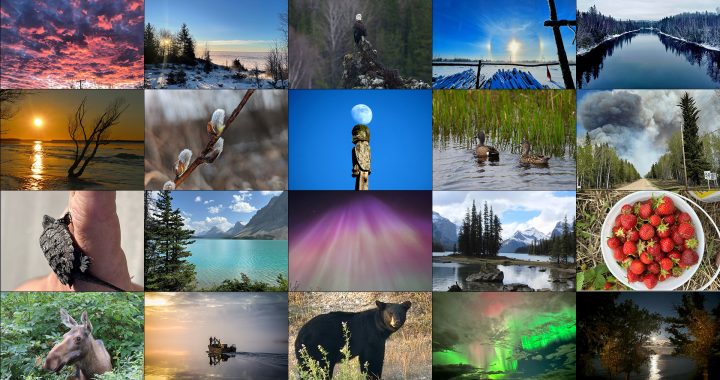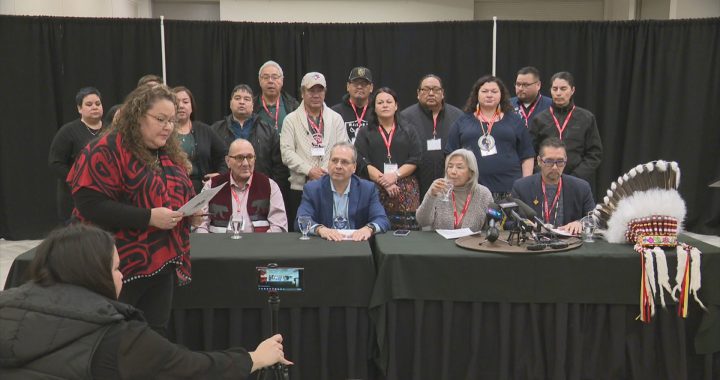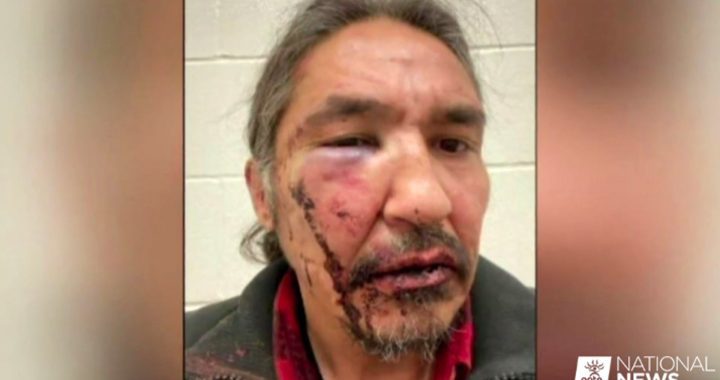Tseshaht First Nations says the search for unmarked graves at the former Alberni Indian Residential School impacts more than 100 First Nations in British Columbia who had children attending the school.
Wahmeesh, Ken Watts, elected chief of Tseshaht said the company Geoscan is doing the physical searching but it’s being led by survivors, hereditarily leadership and their council following their ceremony and protocols.
“The first day, we participated in a ceremony, and we moved on to some of the scannings on the next day using GPR (Ground penetrating radar) and other techniques that they have at various priority areas in the community that have been identified through research or through interviews with survivors, “he told APTN News.
The Alberni Indian Residential School ran from the late 1800s until the 1970s.
The Presbyterian Church ran it, then the United Church of Canada and Indian Affairs.
Children from more than 100 First Nations in B.C. attended the school.
Wahmeesh said the search is all about the children, and they hope to find answers.
“It’s really for them, it’s really to justify what they have been saying all along, children we grew up, we heard about these stories, and many of the survivors’ children or survivors have always talked these stories about the children who didn’t make it home for various reasons,” he said.
“This is going to help solidify what they have been saying for a long time. We consider this a sacred responsibility to do this to help them get the answers.”
The First Nation hopes these findings of potential unmarked graves, and across Canada need a proper investigation and justice.
Washmesh doesn’t believe the RCMP should not be part of the investigations.
“I shared with the special interlocutory that has been appointed that at the end of the day, there needs to be justice,” he said. “There needs proper investigations, independent investigations; the RCMP should not be investigating themselves in their matter whenever it moves to stage wherever it may happen.”
Wahmeesh talked about the importance of the role of the media to keep highlighting the stories of residential schools so survivors know accountability is ongoing.
“Because that isn’t just for the education of non-Indigenous people, that’s to make sure the story stays alive so survivors know that it is not just falling off the plate of government and Canadians that it’s always on their minds that hey this happened not so long ago in our history,” he said.
“We need to educate future generations not only, so it doesn’t happen again, but so they always know it happened.”
It is the first phase of multiple searches. The First Nation is dealing with rugged terrain with forested areas, bluffs and residential properties.
This week’s activity covers 100 hectares of school grounds.




